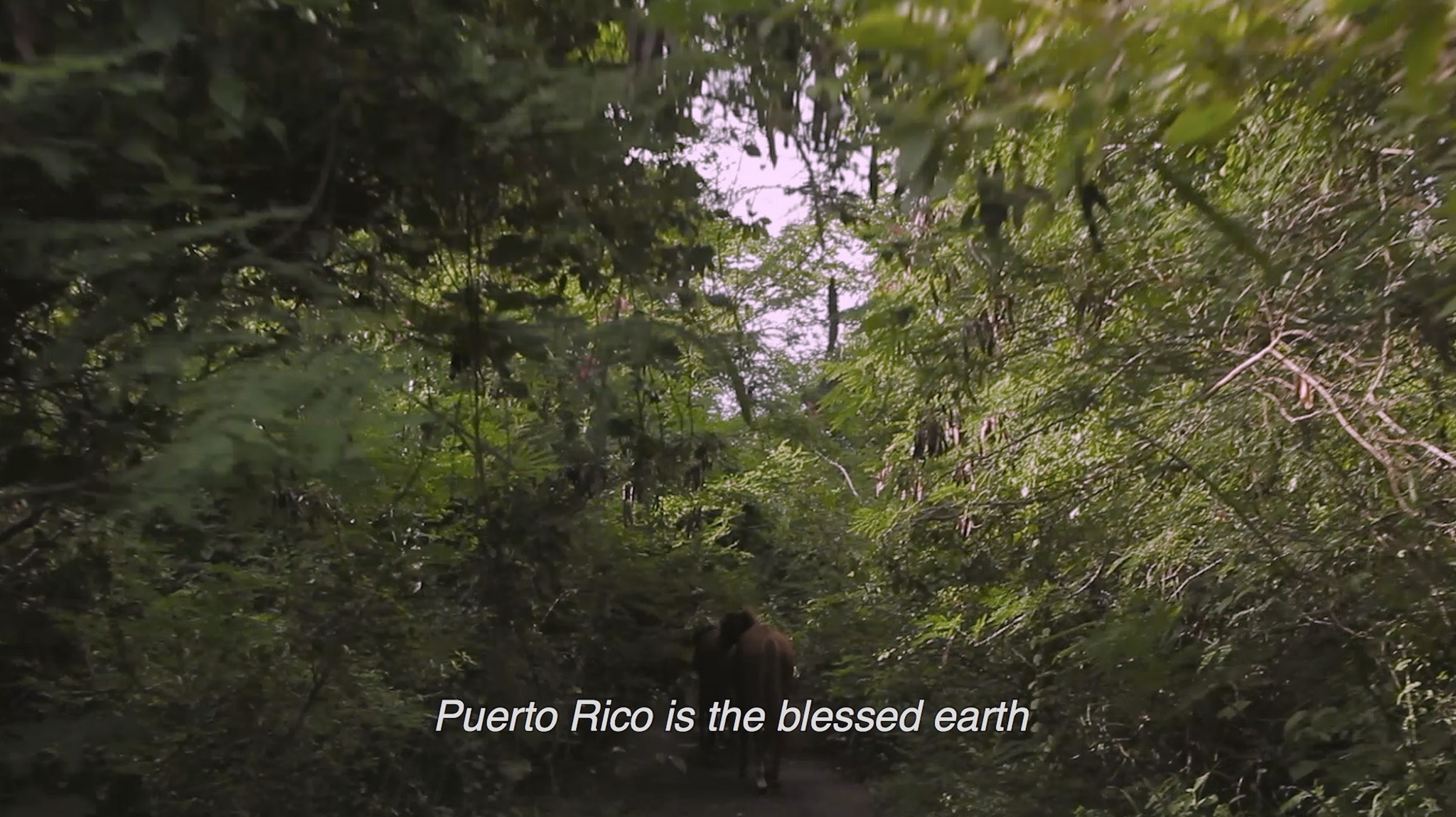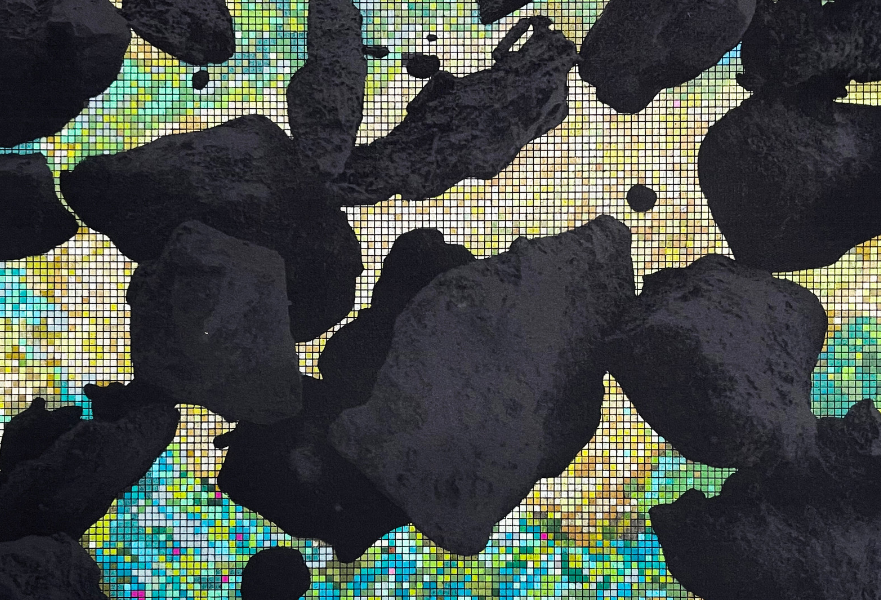Sofía Córdova, dawn_chorus ii: el niágara en bicicleta (dawn_chorus ii: crossing the niagara on a bicycle), 2018
Nov 1, 2022
0:00
Sofía Córdova, dawn_chorus ii: el niágara en bicicleta (dawn_chorus ii: crossing the niagara on a bicycle), 2018
0:00
Sofía Córdova: My name is Sofía Córdova and I am an artist from Carolina, Puerto Rico. This work is part of a larger series called dawn_chorus. dawn_chorus is first of all the name of a phenomenon having to do with birds.
Narrator: Córdova first witnessed the phenomenon in Finland, when migratory birds returned at the end of winter.
Sofía Córdova: So all of these birds were now in this process of staying in one place and instead of looking for shelter or amassing resources, such as food to survive, because they were quite starved from this long journey, they expended all of the energy they had staying in one place and singing really, really, really loudly in the morning. That felt like a tragically beautiful metaphor for where our species is and our relationships to resources and also our ability to still create beauty in the face of all of the horror that we've also created.
I'm thinking about how the climate crisis of all of the globe is essentially the fault of a very limited number of people who had access to wealth and power. And it is those in frontline communities like myself, like Puerto Ricans, like people in the south, all of the disenfranchised peoples of this earth, who are the ones suffering the effects of it first.
Narrator: Córdova had begun exploring these themes in a fantastical way in this video in 2017, before Hurricane María. After the hurricane, she also began using more realistic documentary tactics.
Sofía Córdova: The hurricane just showed us what was already there. It just showed it to us in its rawest form. So all of these questions having to do with colonization of old and neo-colonization that we're existing under military rule, tourism, the fiscal oversight, where all of these things were just rendered bare by the passing of the hurricane. Because the collapse was utter and total, and it happened so deeply at a state level that our colonial overlords lost the plot. And so did the governance that we presumably had. So it made it all so raw and so present that it became my task to witness it that way.


